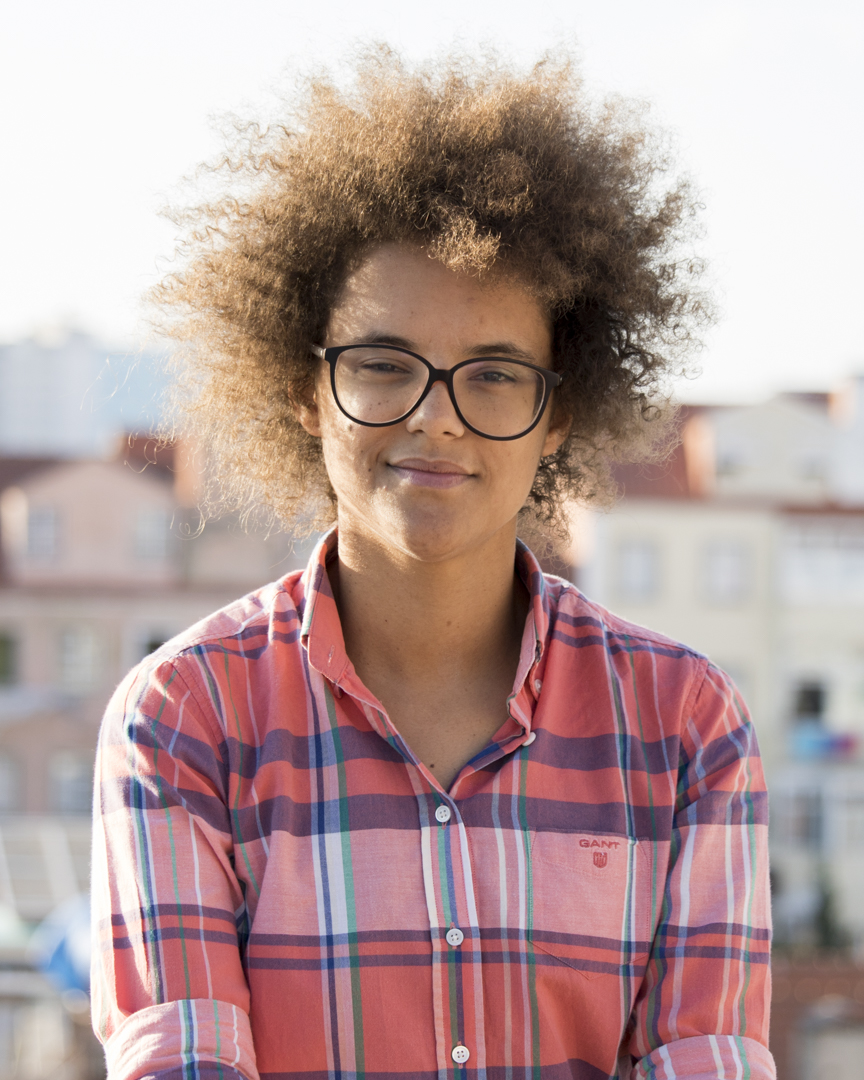| CANAL CES |
| PODCAST |
| TEMAS |
| PESSOAS |
|
Interview by: Sílvia Roque and Ana Cristina Pereira Este podcast faz parte da série de 28 podcasts realizados sobre o caso português e italiano no âmbito do projeto de investigação de 36 meses (2018-2021) (De)Othering: Desconstruindo o Risco e a Alteridade: guiões hegemónicos e contra-narrativas sobre migrantes/refugiados e “Outros internos” nas paisagens mediáticas em Portugal e na Europa, que pretendeu analisar criticamente representações mediáticas de migrantes, refugiados e “outros internos” em Portugal e na Europa, mapeando as suas interconexões com narrativas produzidas no domínio da segurança e no quadro da Guerra ao Terrorismo. O seu foco, uma análise de Portugal à luz de estudos de caso europeus profundamente afetados por ameaças terroristas (Reino Unido e França) e por fluxos migratórios/de refugiados (Itália e Alemanha), pretende investigar a construção de narrativas transnacionais de risco que permeiam a Europa independentemente da sua exposição “diferenciada”. O projeto foi financiado pelo pelo FEDER – Fundo Europeu de Desenvolvimento Regional através do COMPETE 2020 – Programa Operacional Competitividade e Internacionalização (POCI) e por fundos nacionais através da FCT – Fundação para a Ciência e a Tecnologia (Referencia Projeto: POCI-01-0145-FEDER-029997) ----- English Version This podcast is part of a series of 28 podcasts produced on the Portuguese and the Italian cases as outputs of the research undertaken in the 36 months project (2018-2021) (De)Othering: Deconstructing Risk and Otherness: hegemonic scripts and counter-narratives on migrants/refugees and ‘internal Others’ in Portuguese and European mediascapes that sets out to critically examine media representations on migrants, refugees and ‘internal Others’ in Portugal and across Europe while mapping out their interconnections with particular narratives in the field of security and within the War on Terror. Its focus – an analysis of Portugal in the light of other European cases affected by terrorist threats (United Kingdom and France) and by migrant/refugee flows (Italy and Germany) – aims to explore the construction of transnational narratives of risk pervading Europe regardless of the ‘differential’ exposure to them. The project was funded by FEDER – European Regional Development Fund through the COMPETE 2020 – Operational Programme for Competitiveness and Internationalisation (POCI), and by Portuguese funds through FCT in the framework of the project 029997 (Reference: POCI-01-0145-FEDER-029997).
The activist speaks of the importance of going out into the streets as a Black mass: it allows us to realize that we are many and that we have the tools to fight, despite the denial of racism in force in Portugal. Alexandra believes that the media continues to have little to say about racialized people and that the legitimation of Black existence is done by processes that are also racist. She accuses journalism of living in terms of controversy and the click, feeding people's populism. Some media people take advantage of the movement reproducing an extractivist logic: "the media continue to use our speeches to sell magazines," "Black people need to be treated like people in the media,"but" journalists don't have the tools to talk about racism and they don't want to have it." It is also necessary, according to the interviewee, for racialized people to tell their own stories and she also considers that it would be interesting to see Black people represented in television competitions, for example. Alexandra advises listeners to read and listen to Black people without doubting their experiences. pessoas
ligações
|





 Alexandra Santos is an anti-racist and LGBTI activist who is a member of INMUNE collective. She also is a member of the Advisory Board of (De)Othering. She talks about the emotional difficulties of being an anti-racist activist and the importance of fighting side by side with other racialized people to grow stronger. Her first struggle was inside the LGBTI movement as a personal identity discovery. In 2015 as a student of a master's degree in gender, sexuality, and queer theory, she became closer to the black feminist theories and became an anti-racist activist. “To be a feminist, I have to be anti-racist”. The anti-racist struggle is a journey done together, with theories that make Alexandra capable of looking at the world in a certain way and with anti-racist and feminist activists.
Alexandra Santos is an anti-racist and LGBTI activist who is a member of INMUNE collective. She also is a member of the Advisory Board of (De)Othering. She talks about the emotional difficulties of being an anti-racist activist and the importance of fighting side by side with other racialized people to grow stronger. Her first struggle was inside the LGBTI movement as a personal identity discovery. In 2015 as a student of a master's degree in gender, sexuality, and queer theory, she became closer to the black feminist theories and became an anti-racist activist. “To be a feminist, I have to be anti-racist”. The anti-racist struggle is a journey done together, with theories that make Alexandra capable of looking at the world in a certain way and with anti-racist and feminist activists.